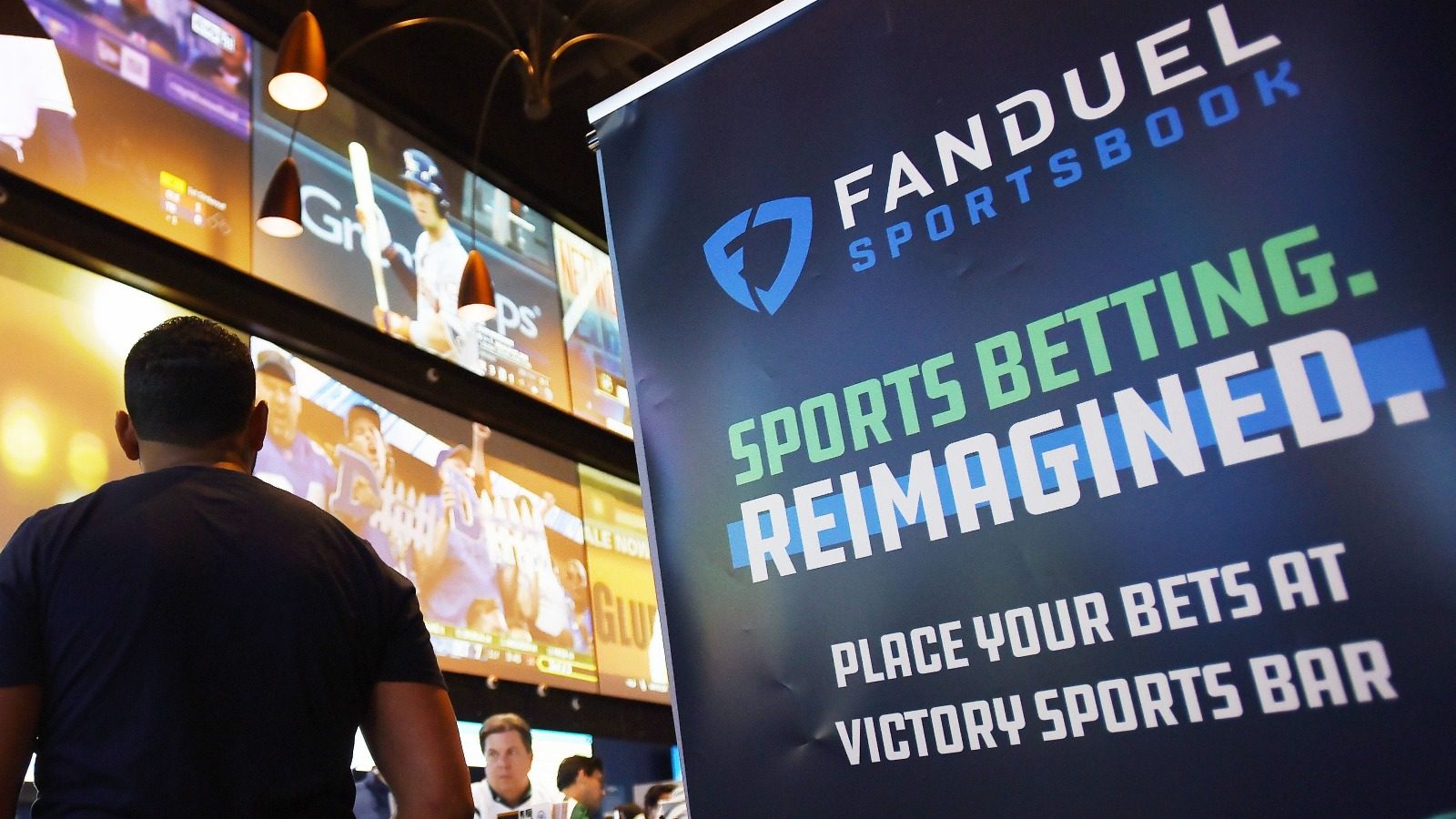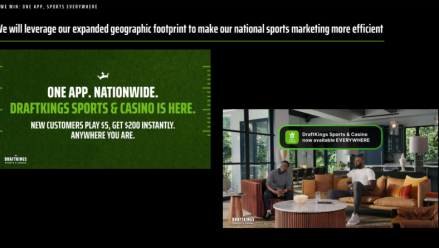FanDuel’s blockbuster announcement Wednesday that it is partnering with derivatives marketplace CME to launch a prediction market brings more questions than answers. How will state regulators react? Will this make negotiating with California’s tribes more difficult? Is this a step toward FanDuel eschewing state regulation altogether?
It may take some time to get full answers to those questions, but there’s no question that the announcement has caused commotion. Gambling industry investor, entrepreneur, and adviser Chris Grove posted on X Thursday morning a 12-point look at the deal and questions that could arise. He addressed everything from politics to legal issues to technology to regulatory concerns.
While Truist analyst Barry Jonas wrote that “regulated operators should tread carefully not to upset state gaming regulators and partners in their core business today,” Grove says those agencies don’t “have much of a stick to wield at OSB operators who run PMs.” But that is a key question around FanDuel, or any other state-licensed online sports betting operator, entering the prediction market space.
In separate but related news, Polymarket all but announced on Thursday that it will re-enter the U.S. market with football event contracts, per Sportico. In addition, prediction market Kalshi and its trading partner Robinhood are already offering football event contracts, and PredictIt has a new deal that will allow it to offer event contracts in the U.S. Polymarket appears to be targeting non-legal sports betting states, including Texas, and, like Kalshi, is positioning itself as, effectively, a sportsbook.
Expect other operators to follow FanDuel
Regulators in Maryland, Nevada, and New Jersey are currently embroiled in court cases in an effort to keep Kalshi out of their states. Since the Professional and Amateur Sports Protection Act was overturned in 2018, legal wagering has been a states’ rights issue — and all of the 40-plus legal U.S. jurisdictions take regulation seriously. From stringent ad guidelines to ensuring, in some cases, that operators bank in their states or create opportunity for small or minority-owned businesses, U.S. jurisdictions hold betting operators to a high standard.
Prediction markets — regulated by the Commodity Futures Trading Association (CFTC) — have no such standard to meet. The CFTC is a financial regulatory agency that has traditionally overseen things like orange and oil futures, not sports betting contracts. As such, prediction markets are not beholden to the same sort of regulation as gambling companies, nor, states and tribes have argued, is the CFTC equipped to oversee them.
But putting aside the arguments about how or why prediction markets could operate, financial analysts across the board rated FanDuel’s announcement as a bold but positive move that will ultimately beget more bold moves. In fact, earlier Wednesday, it came to light that FanDuel competitor DraftKings and daily fantasy companies PrizePicks and Underdog Sports had applied to the National Futures Association (NFA) for inclusion. This would be the first step toward securing a CFTC license. DraftKings has also reportedly been in talks with Railbird Exchange, which is already licensed with the CFTC, meaning a quicker pathway to launch.
What made FanDuel’s move so bold is this, say analysts: Partnering with CME will allow FanDuel to bypass many legal and licensing hoops because CME is already a CFTC-approved entity. That means FanDuel will be able to bring its new prediction product to market quickly. In fact, in its Wednesday press release, the company indicates that the platform will be available “later this year.”
There is no mention of sports event contracts in the press release, but Jefferies analyst James Wheatcroft wrote that the partnership “helps ensure it is well-positioned to [capitalize] on emerging event-based contract opportunities and can be agile when launching any new products.”
It may not be too much of a stretch — depending on how the three court cases play out — to believe that we may see FanDuel prediction market sports offerings as soon as the Super Bowl in 2026.
Florida a target?
Joe Stauff of Susquehanna outlined how he thinks FanDuel’s move will immediately affect the wagering industry, writing: “We anticipate four things in the near term: 1) FD benefits from expanding its sports betting products in ~43% of the US population where it is either illegal today (~30% of US population) or restricted given tribal states (~13% of US population) where FL will be targeted; 2) creates legislative urgency in states that have experimented with OSB legalization (CA/GA/SC/MN); 3) legal state negotiations; and 4) will trigger other bookmakers to announce their solutions in the near term (we estimate DKNG will be next).”
Other analysts echo Stauff’s belief that other sportsbooks will likely respond with their own prediction market announcements and that states that don’t currently have legal sports betting may be spurred to legalize.
Stauff’s suggestion that Florida “will be targeted” by FanDuel and other prediction markets is an interesting nuance and could have broader implications in strong tribal states like California, Minnesota, or Oklahoma, none of which currently have legal sports wagering. Florida’s Seminole Tribe has a monopoly for retail and digital sports betting through its 2021 compact with the state. Legal operators tried to run a referendum in 2022 to open the market, but pulled out after spending tens of millions of dollars and failing to get enough signatures before the deadline. In the current situation, commercial operators are shut out of the state — but prediction markets like Kalshi are operating their products there.
A coalition of more than 65 tribes filed an amicus brief supporting the state of New Jersey’s case vs. Kalshi, and there are at least two complaints that have been filed in federal court by tribes saying they don’t want Kalshi operating on their land. Will the Seminoles be next?
On balance, from a fiscal perspective, analysts lauded FanDuel’s aggressive announcement, and rate FanDuel parent company Flutter’s stock a buy.







